If you enjoy Ghost Bites, then make sure you’re on the mailing list for a daily dose of market insights in Ghost Mail. It’s free! SIGN UP >>>
The market raises a toast to AB InBev
Ok, perhaps not a toast – I’m not sure that works with beer
AB InBev closed around 6% higher after releasing third quarter results.
Revenue was 12.1% higher for the quarter and 11.5% higher for the nine-month period. This was helped along by a solid performance from Budweiser, Stella Artois and Corona outside of their respective home markets.
57% of group revenue is now through B2B digital platforms, with a monthly active user base of 3.1 million businesses.
Much of this growth came from pricing increases, as total volumes were only 3.7% higher. If you’ve ever wondered whether beer has pricing power, now you know.
Normalised EBITDA was 6.5% higher, with margin contraction of 183 basis points to 35.2%. Underlying profit and earnings per share were fractionally lower.
The group’s medium-term outlook of EBITDA growth of 4% to 8% remains unchanged.
Afrimat does its best under the circumstances
With sharp falls in key commodity prices, one can only expect so much
With a share price decrease of 18.5% this year, Afrimat hasn’t been able to escape the broader pressure on the mining sector despite its diversified model and exceptional track record of value creation. When the commodity market is against you, there’s nowhere to hide.
In the six months to August, revenue increased by 7.2% and operating profit unfortunately dropped by 12.1%, as margin contracted from 24.1% to 19.7%. Headline earnings per share (HEPS) fell by 14.5%, which gives a plausible explanation for the share price move over the year.
Afrimat enjoys being in a net cash position of R772.7 million, having generated R784.1 million from operating activities and raised R680 million on the market.
Looking deeper, the Bulk Commodities segment contributed 76.8% to group profit and benefitted from the Jenkins mine coming into production. The additional volumes helped partially offset a nasty decline in the iron ore price.
Afrimat is continuing its diversification journey, having purchased various stockpiles at Glenover for R215.1 million and the vermiculite mining right for R34.9 million. A further investment of R300 million has been approved by the board to purchase all the shares in Glenover, including the surface and mining rights.
Anglo group companies release their quarterly reports
Anglo American, Kumba Iron Ore and Anglo American Platinum are a mixed bag
The Anglo businesses all release their quarterly production reports on the same day.
Let’s start with Anglo American Platinum, where production decreased by 6% year-on-year and sales volumes fell by a nasty 31% because of lower refined production. The refined production decrease is because of the smelter rebuild at Polokwane, its first full rebuild in twelve years. This is on track for completion towards the end of 2022.
Guidance has been maintained for 2022, with Eskom highlighted as an ongoing issue.
Interestingly, the US$ basket price is down 11% year-on-year but the ZAR price is 4% higher. A weak rand is good for mining groups that export commodities.
Moving on to Kumba Iron Ore, production guidance for 2022 has been maintained (albeit at the lower end of the guidance) despite the impact of strikes at Transnet. The same can’t be said for export sales guidance, which has dropped by between 2 and 3 Mt due to low levels of finished stock at Saldanha Port and the constrained Transnet infrastructure.
Although Kumba achieved an FOB export iron ore price that was 8.4% above the average benchmark price, the challenge is that prices have been under pressure because of the general economic slowdown.
We finish off with the mothership, Anglo American. This includes businesses like De Beers and the new copper mine in Peru. Production is a mixed bag, with steelmaking coal up by 28% and diamonds up by 4%. Everything else is lower year-on-year, like copper (6%), nickel (4%), PGMs (6%), iron ore (5%) and manganese ore (3%).
In case you’re wondering what percentage of global production that rock on your finger represents, De Beers expects to produce 32 to 34 million carats this year. That’s a whole lotta diamonds.
Kumba is down 17% this year, Anglo American Platinum has lost 18% of its value and Anglo American is down “only” 12.6%.
Astral Foods gives a depressing outlook
The poultry sector isn’t for chickens
It really is difficult to make money in the poultry business. The margins are thin and the risks are fat, ranging from avian influenza through to input costs that are outside of the company’s control.
To give an idea of how volatile it all is, Astral Foods released a trading statement reflecting growth in headline earnings per share (HEPS) of between 118% and 128% for the year ended September. That sounds phenomenal, yet the share price was smashed by over 14% on the day.
This year-on-year result is as much about the base effect as anything else. Covid lockdowns severely affected the economy as well as Astral’s ability to recover severe increases in feed costs. In this period, increased volumes led to economies of scale and margins further benefitted from the company partially recouping higher input costs.
Base effect aside, the share price drop was most likely caused by the guidance given for the six months ending March 2023. With feed input costs contributing 70% of the cost of a live broiler, the SAFEX maize price trading at record highs is a huge problem. The current outlook is for “soft” commodities to be high for most of next year. Further selling price inflation will be necessary to mitigate the impact on gross margin, which obviously puts volumes at risk.
To make it worse, dear Eskom is causing problems for the group with load shedding. This adds costs to the business and has led to production cutbacks in response to this issue, putting pressure on the entire group supply chain.
But wait folks, there’s more. With delayed implementation of anti-dumping duties, foreign poultry being dumped in our market makes it even harder for Astral to compete.
When a company talks about “complete erosion” of broiler profit margins, it’s time to get scared. That is why the share price dropped and I’m rather surprised it didn’t drop further.
As a consolation prize, at least the group balance sheet position is healthy. This will be needed to weather the storm.
The share price is only down 1.5% this year.
Tongaat Hulett enters business rescue
The disaster continues for the sugar group
When a balance sheet reaches a certain point, there’s a level of pain that becomes inevitable. After an attempt to recapitalise the company with a strategic equity investor fell over, Tongaat looked even shakier.
It feels like a long time ago that new management was appointed to try and sort the company out after alleged financial misstatements and mismanagement by the previous leaders. The new team joined in 2019, just in time to navigate a pandemic with a ship that had already taken on a lot of water.
Debt has been reduced by over R6.6 billion from a high of R11.7 billion through the sale of assets. Much like selling your household belongings to pay the bond, this rarely works.
Operating on a knife’s edge, further issues like flooding and riots in KZN, along with poor operating performance for various reasons, were just too much for the company to bear. With a shortfall in working capital requirements to complete the 2023 financial year, the situation became desperate.
The board put together a restructuring plan that included elements like disposals of non-South African sugar operations and other capital raising efforts. Sadly, the board doesn’t believe that sufficient equity funding can be achieved within the required timeframe. It was always going to be a long shot.
The immediate timing pressure is the working capital requirement for the current financial year, particularly as performance of the local operations has exceeded expectations. Despite this, local lenders have indicated to the company that they cannot provide the additional funding required. The repayment date of a R600 million facility will not be extended.
Against this backdrop, the South African operations have been placed into business rescue (along with the property division). The Mozambique and Zimbabwe sugar operations are not financially distressed, so they will continue trading as they are independently funded as well.
The shares have been suspended from trading since July. It’s unclear at this stage whether there is any equity value left in the group.
Little bites:
- Director dealings:
- Top directors of Standard Bank sold off the shares received under employee share schemes (not just the shares needed to cover tax – but all of them)
- A director of a subsidiary of AVI has sold shares received under an employee scheme worth R407k
- A director of ADvTECH has sold shares worth nearly R1.75m
- Shortly after releasing interim results, Altron has announced the disposal of the ATM hardware and support business of the Altron Managed Solutions division. This is aligned with Altron’s strategy of pursuing capital light businesses. The purchase price is the book value of the business, capped at $10 million. The purchaser (NCR Corporation) will collect receivables of nearly R239 million and pay them to Altron as collected. The rest of the assets and liabilities currently offset each other, so Altron will receive the R239 million and probably not much more. The business generated operating profit of R23.2 million for the six months ended August 2022. This is a Category 2 deal, so shareholders won’t be asked to vote.
- MiX Telematics has reported its interim financial results. Revenue increased 8% on a constant currency basis and annual recurring revenue is 17% higher on the same basis. Revenue as reported is up 12.2%. Operating margin has dropped from 12% in the comparable period to 6.2%. This is because of acquisition-related costs and higher sales and marketing costs. There was significant negative free cash flow in this period of R192.2 million, as capital expenditure was R240.1 million of which R173.2 million related to in-vehicle devices. Due to a substantial deferred tax charge, the group recorded a loss in this period.
- enX Group released a trading statement for the year ended August 2022. Group HEPS is expected to be 23% to 33% higher. To give you an idea of the changes underway at the group, the HEPS from discontinued operations is higher than from continuing operations! In this period, revenue from continuing operations was 32% higher and HEPS was 73% to 83% higher.
- If you are an investor in Blue Label Telecoms, you should refer to the latest corporate presentation by the company with a general corporate update.
- It’s a sad day when Liberty Two Degrees needs to release an announcement that appropriate security measures are in place around Sandton City. This is in response to the US Embassy releasing a notification of a possible terrorist attack in the Sandton area this coming weekend.
- Hwange Colliery is suspended from trading and remains under administration. In the nine months ended September, total coal production increased by 62% and revenue was 40.9% higher.

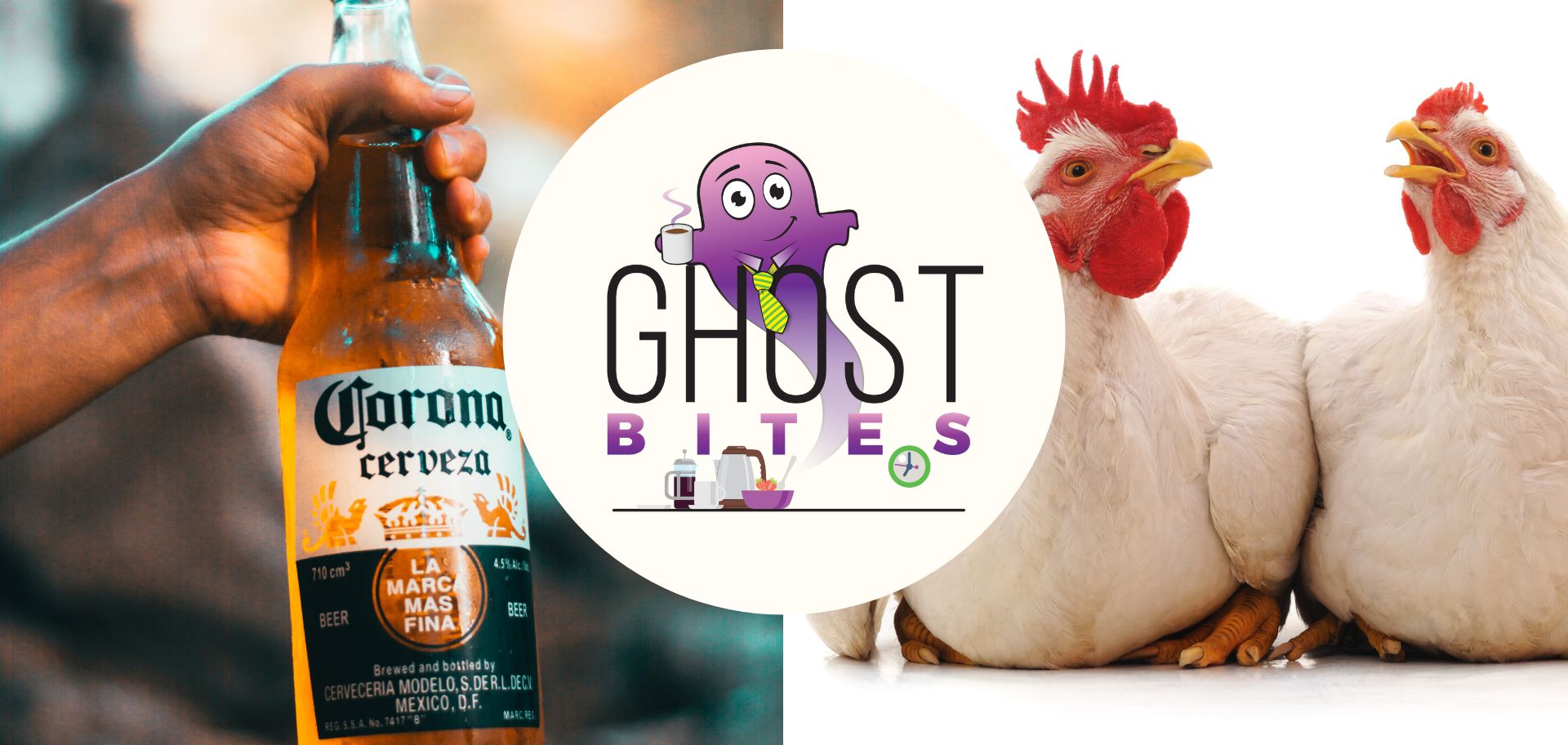


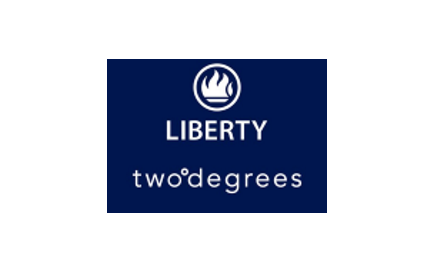
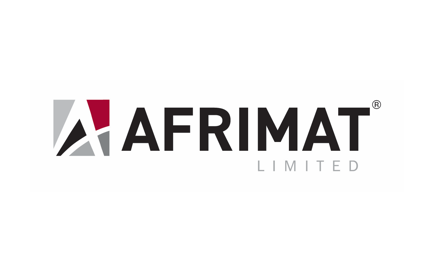
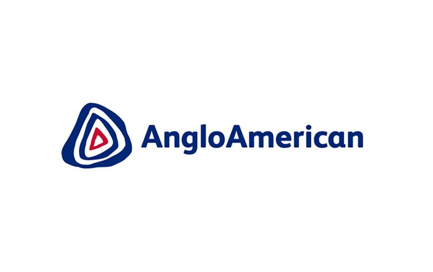
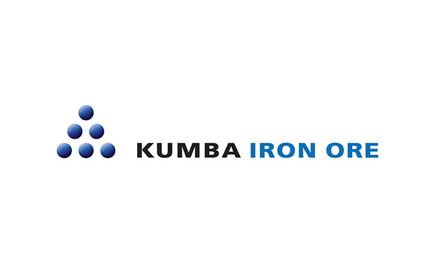
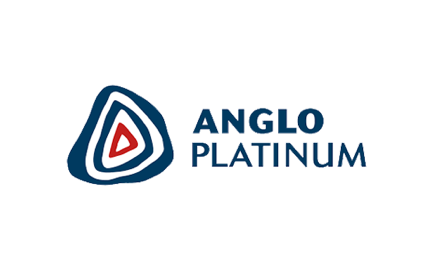
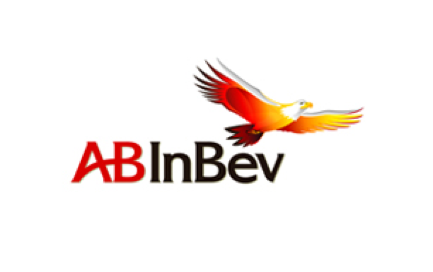
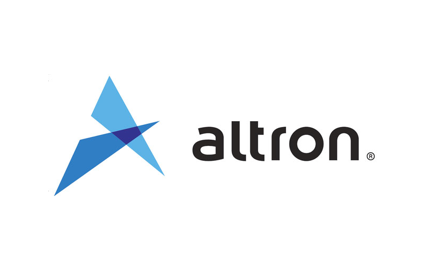
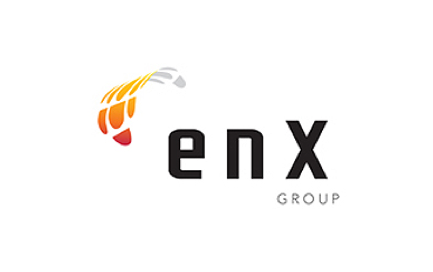
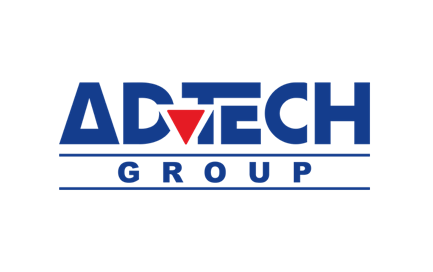
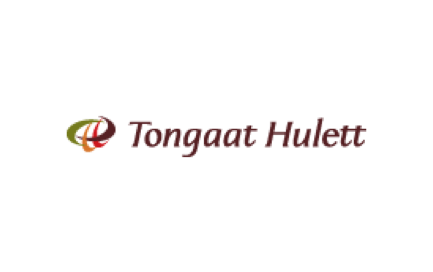
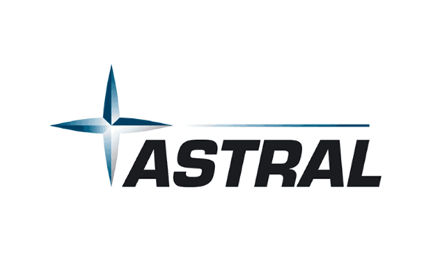

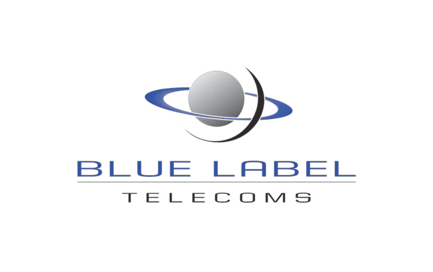
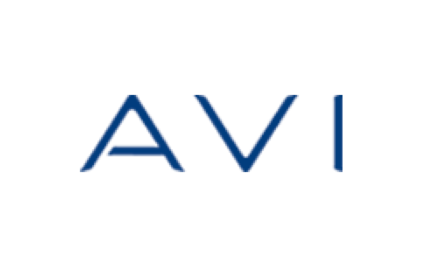
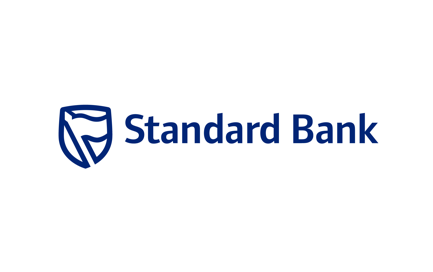


Despite official denial the suspicion remains that AB InBev was behind the lamented discontinuation of Windhoek Light beer.
NBL ascribes it to insufficient customer demand, but in my experience it was rather the opposite — namely insufficient supply! It was forever sold out in any liquor store, and it flew off the shelves as soon as it arrived, which arrival was rather sporadic.
PLEASE BRING US BACK OUR BELOVED WINDHOEK LIGHT, in sufficient quantities.
My apology. The reference should have been to Heineken not to AB InBev.